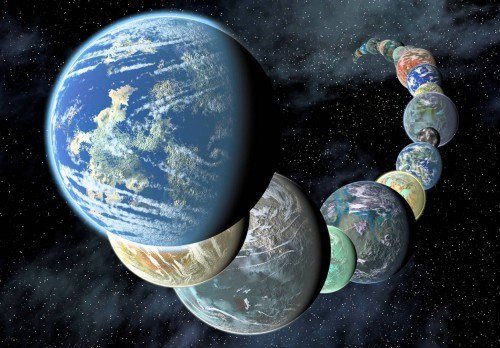Advertisement
A counterfactual truth is a statement which, though contrary to fact, is true. For example, “If James’s parents had never met, then James would not exist.” This statement is apparently true, despite the fact that James’s parents did meet and James does indeed exist. How does one account for such counterfactual truths?
The same problem arises with “dispositional terms” like, for example, “fragile.” If the glass is fragile, this means that it will break under certain conditions. But if the glass is intact, it has never been exposed to those conditions, so how can we truly say that it would break under those conditions? Because similar glasses in the past, when exposed to those conditions, have broken?
Induction yields only probabilities, not truths. “The glass is fragile” refers to a present glass, not past glasses. And maybe this glass won’t break, who knows? If the described conditions arise and the glass breaks, then the prediction was true, but only in the past tense. How can we truly say “The glass is fragile” here and now?
Discussing the 5 Predominant Theories of Truth
This problem defied logic from Medieval times until the writings of a very famous 20th Century philosopher named David Lewis, who – in a book entitled “Counterfactuals” [1973, Blackwell] – creates an entire “possible-world semantics” to account for such truths.
Advertisement
According to Lewis, there is a possible world in which James’s parents didn’t meet and in which James doesn’t exist. Similarly, there is a possible world in which the glass is exposed to the appropriate conditions, and the glass breaks. The truth of subjunctive statements would seem to require a possible-world semantics.
However, the term “haecceity” comes from Medieval philosophy, and it refers to something (the essence of) which is absolutely unique. [Chisholm, “Person and Object”; 1976, Open Court]. Persons were generally regarded as haecceities; this uniqueness was considered to be a property of the soul.
Persons may (or may not) be haecceities regardless of the existence of something called a “soul.” If people are haecceities, then, by definition, they cannot exist in more than one possible world. If a person cannot occupy more than one possible world, is the future therefore determined?
Relevance Of Alfred Tarski’s Solution to the Liar’s Paradox
The problem of haecceity arises in connection with Lewis’s possible-world semantics: If people truly are haecceities and can exist only in one possible world (I might have doppelgangers in other possible worlds, but they aren’t me), then possible-world semantics does not solve the counterfactual problem. Or does it…?
Do not forget to drop a comment and share
Advertisement





